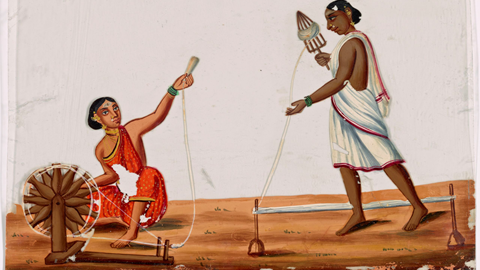The role of skills—whether artisanal, arithmetical, scientific, or being able to read and write and count—in British industrialization is an enduring source of debate.
Apart from its considerable intrinsic interest, the history of watchmaking in England is important for the light it can shed on the link between what was in the beginning essentially a cottage industry based on an artisanal workforce and the human capital required for the Industrial Revolution. In a recent study Morgan Kelly and Cormac Ó Gráda linked the achievement of one small but important eighteenth-century English industry, watchmaking, to a skilled labour force raising productivity through increasing specialisation and learning-by-doing.
In this paper Professor Neil Cummins and co-author Cormac Ó Gráda focus on those artisan watchmakers in more detail, reviewing how they acquired their skills, the role of literacy, the link between skills in watchmaking and in other sectors, and the eventual demise of artisanal skills in watchmaking.

Read the full article here: Cummins, Neil and Cormac Ó Gráda (2022) ‘Artisanal skills, watchmaking, and the Industrial Revolution: Prescot and beyond’. Northern History. ISSN 0078-172X




